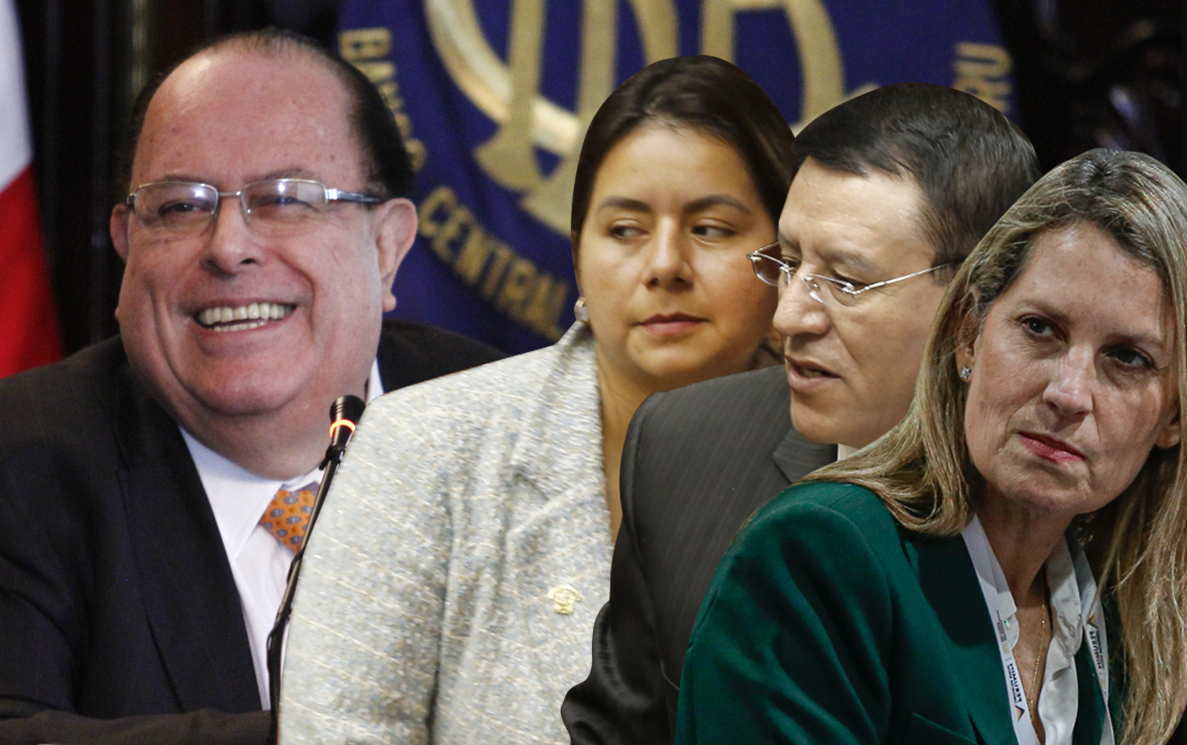
The Central Reserve Bank of Peru (BCRP) is the only public entity that obtained a passing grade among 17 institutions evaluated according to the XXI Annual Survey of Executives 2022 (EAE 2023) of the Lima Chamber of Commerce (CCL).
The survey, designed by the Interdisciplinary Development Consulting (CID), concluded that 76% of the executives consulted considered Julio Velarde’s management as “good.”
“This is attributed to his career, autonomy and the quality of his professional staff to guide the country’s monetary policy, work recognized internationally and a reference in the region,” highlighted the head of the Institute of Economics and Business Development (IEDEP) of the CCL, Óscar Chávez.
However, 18% of executives considered their management to be average and 4% to be poor, statistics that represent a significant improvement when compared to the results of 2022, a year of high inflation.
On the other side of the sidewalk, the National Institute for the Defense of Competition and the Protection of Intellectual Property (Indecopi), the National Superintendency of Public Registries (Sunarp) and the National Superintendency of Customs and Tax Administration (Sunat) They obtained a low level of approval, with only 28%, 27% and 23%, respectively.
CCL: Congress, the worst for Peruvians
For the IEDEP, despite the current political uncertainty and the increase in the cost of insecurity in business, the BCRP has remained one of the State institutions with the greatest credibility.
However, for other entities these contexts have affected and accentuated the decline in the evaluation of their management performance. This is the case of the Congress of the Republic, which obtained the worst rating, 85% of those surveyed considered that it has poor management.
This is followed by key ministries for human capital, such as Health and Education, which obtained, respectively, 78% and 77% rating as poor. On the other hand, 75% of the sample disapproves of the management of the Ministry of the Interior due to the increase in citizen insecurity.
A fact that stands out compared to previous years is the drop in the rating of the Ministry of Economy and Finance (MEF), where only 20% of the sample rated its management as good, while 44%, as regular, and 35% It was poor.
“Without a doubt, the slowdown and then the economic recession affected the image of said ministry,” commented Óscar Chávez.
Source: Larepublica
Alia is a professional author and journalist, working at 247 news agency. She writes on various topics from economy news to general interest pieces, providing readers with relevant and informative content. With years of experience, she brings a unique perspective and in-depth analysis to her work.












